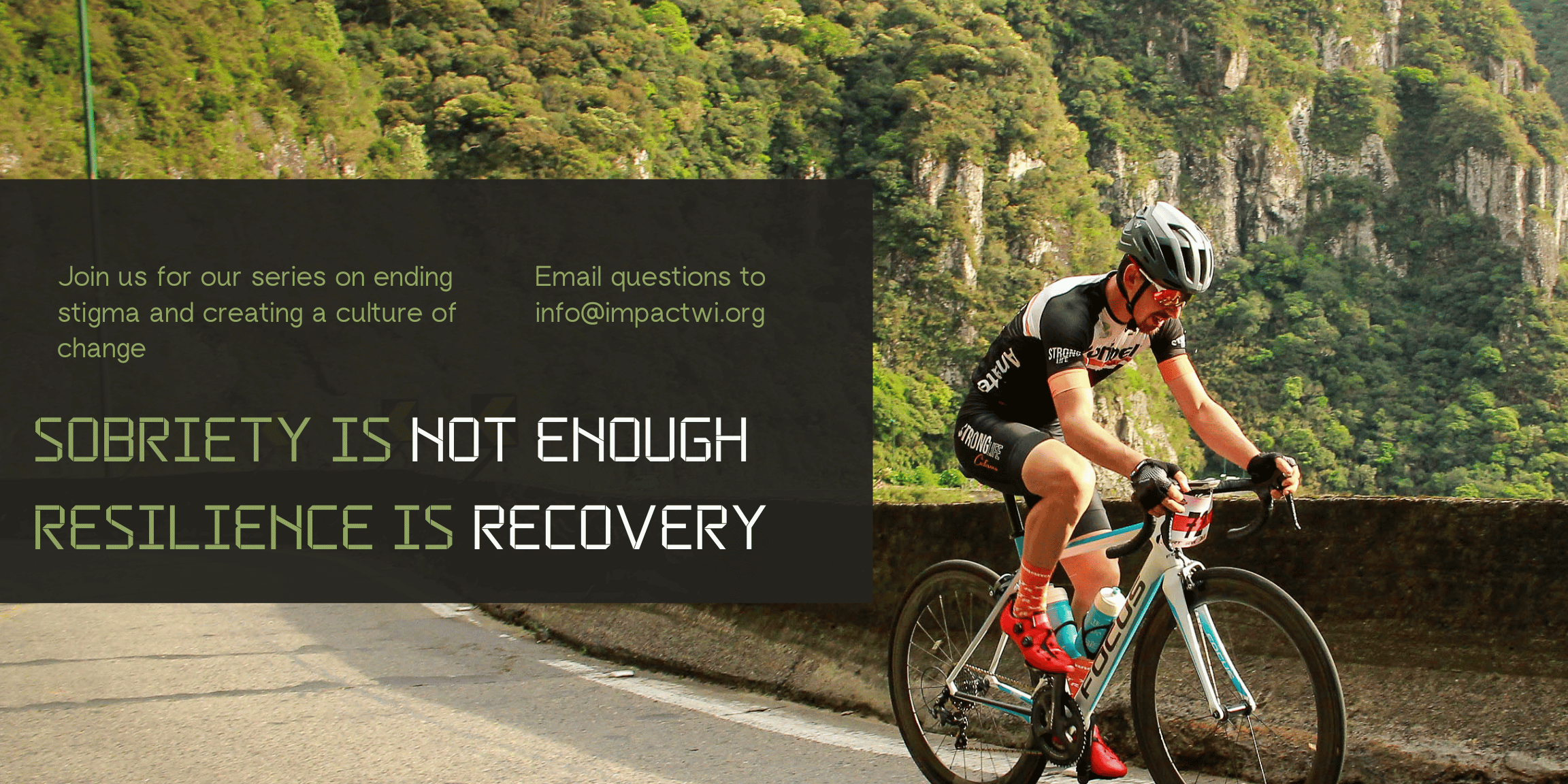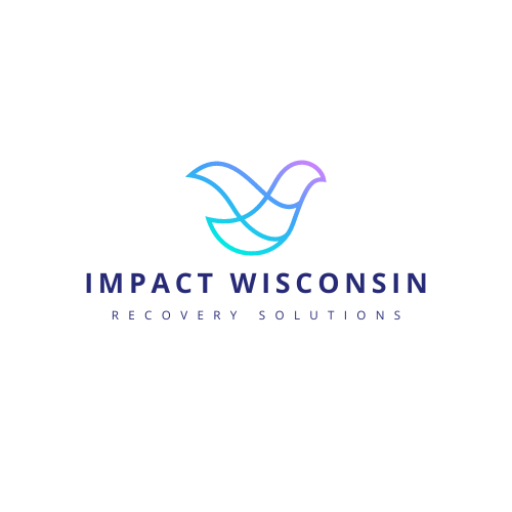
Resilience is the ability to adapt to change and bounce back from adversity. It is a key factor in addiction recovery, as it allows people to cope with the challenges of addiction and rebuild their lives. There are many ways to measure resilience, but some common methods include:
- Self-report measures: These measures ask people to rate their own level of resilience. There are many different self-report measures available, so it is important to choose one that is appropriate for the population being studied.
- Interviews: Interviews can be used to collect information about people’s resilience from their own perspective. Interviews can be conducted with individuals or groups, and they can be structured or unstructured.
- Observations: Observations can be used to measure resilience in a more objective way. For example, observers might record the number of times a person bounces back from a setback, or the amount of time it takes them to recover from a crisis.
Once data has been collected, it can be analyzed to identify patterns and trends in resilience. This information can then be used to develop interventions that promote resilience in addiction recovery.
Here are some tips for building resilience in addiction recovery:
- Identify your strengths: Everyone has strengths, even people who are struggling with addiction. Take some time to identify your own strengths and how you can use them to cope with challenges.
- Build a support system: Surround yourself with people who believe in you and who will support you on your journey to recovery. This could include family, friends, professionals, or other people who are in recovery.
- Practice self-care: Taking care of yourself is essential for your physical and mental health. Make sure to get enough sleep, eat healthy foods, and exercise regularly.
- Set realistic goals: Don’t try to do everything at once. Set realistic goals for yourself and take things one step at a time.
- Be patient with yourself: Recovery is a journey, not a destination. There will be ups and downs along the way. Be patient with yourself and don’t give up.
Resilience is a key factor in addiction recovery. By following these tips, you can build resilience and increase your chances of success.
Side Note: The Evolution of Mission
In early 2016, I found myself standing at the threshold of a revelation that would redefine my understanding of faith, leadership, and community service. My encounter with a church plant—Millcity Church in Wisconsin—opened my eyes to a world I hadn’t known existed. Up...
That Little Red Building
In June of 2023, as I stepped into the role of interim director at Mission of Hope in New London, WI, I was fueled by a mixture of excitement and a strong desire to serve my community in a new capacity. This opportunity presented itself as a promising endeavor while...
Leading Upside Down
As the founder of Impact Wisconsin, I embarked on a leadership journey that challenged conventional wisdom and transformed not only my approach to leadership but also the very foundation of our organization. At the inception of Impact, we stood at a crossroads,...
From Table to Delivery: Origins of Impact
In the metaphorical coldest winter of my life, amidst the stark challenges and the biting cold of uncertainty, a warm light began to flicker, heralding the dawn of a new chapter not just for me but for an entire community in need. This light was Impact Wisconsin, a...
The Tipping Point
At a pivotal church planters conference, amidst a sea of aspiring leaders and visionaries, I encountered a person who would forever change the trajectory of my professional and personal life. It was a meeting that began as a simple conversation but unfolded into a...
